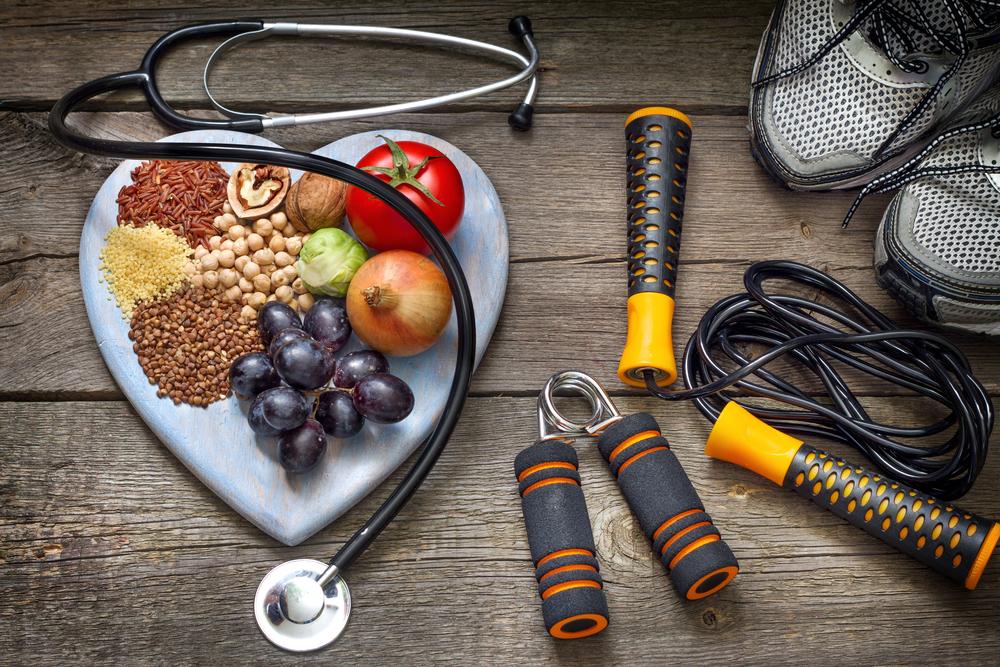Natural and Proactive Approaches to Lower Breast Cancer Risk
This comprehensive guide explores natural, lifestyle-based strategies to reduce breast cancer risk. Emphasizing nutrition, exercise, weight management, and avoiding carcinogens, it offers practical tips for women seeking proactive ways to protect their health. Regular screenings and informed choices about medications and hormonal therapies are also highlighted to empower women in their prevention efforts.

Natural and Proactive Approaches to Lower Breast Cancer Risk
Although it’s difficult to eliminate the risk of developing breast cancer entirely, adopting certain natural health habits can significantly reduce your chances of occurrence. While factors like genetics, age, and family history are beyond personal control, making mindful lifestyle choices can play a crucial role in prevention. Implementing these scientifically supported strategies can help you build a healthier lifestyle and potentially decrease your risk of breast cancer over time.
Optimizing Nutrition for Breast Health
A balanced and nutrient-rich diet is foundational in promoting overall health and reducing cancer risk. Incorporate a variety of colorful vegetables and fresh fruits known for their antioxidant properties. Focus on foods high in flavonoids, such as oranges, apples, berries, and herbal teas, as these compounds exhibit anti-inflammatory and anti-cancer effects. Regular consumption of these foods can help bolster your immune system and may inhibit cancer cell growth. Additionally, maintaining adequate levels of certain vitamins and minerals through diet or supplements, like vitamin D, may further support breast tissue health.
Research indicates that flavonoids found in various plants and fruits can play a role in lowering the risk of breast and other cancers. Regularly increasing your intake of these natural compounds through your meals can be a proactive step toward prevention.
Limit Consumption of Processed Foods and Red Meats
Processed meats, including sausages, bacon, hot dogs, and deli meats, contain carcinogenic chemicals such as nitrates and nitrites. Excessive intake of these foods has been linked to an increased risk of several cancers, including breast cancer. To promote health, reduce your intake of processed meats and opt for fresh, lean meats, or plant-based protein sources instead. Cooking methods also matter—favor grilling, steaming, or baking over frying to avoid added carcinogens.
Maintain an Active Lifestyle through Regular Exercise
Scientific studies consistently show that physical activity contributes to lowering breast cancer risk. Engaging in at least 150 to 300 minutes of moderate exercise weekly—such as walking, cycling, swimming, or dancing—can improve overall health and support weight management. Consistent exercise helps regulate hormone levels, reduce inflammation, and strengthen immune function, all of which are protective factors against cancer development. Incorporate activity into your daily routine to maximize these benefits.
Managing Post-Menopausal Body Weight
Body fat, especially around the abdomen, produces estrogen, which can influence breast cancer risk after menopause. Maintaining a healthy weight through a combination of balanced diet and regular exercise becomes even more important during post-menopause. Monitoring your calorie intake, selecting whole foods, and staying physically active can help you prevent unnecessary weight gain, ultimately reducing risk factors associated with hormone-sensitive breast cancers.
Reducing Alcohol Consumption
Alcohol intake is a modifiable risk factor for breast cancer. Studies suggest that even moderate drinking—about one drink per day—can slightly increase risk. Therefore, limiting alcohol consumption or substituting alcoholic beverages with healthier options like sparkling water, herbal teas, or infused waters can be beneficial. Avoiding binge drinking and keeping alcohol intake within recommended guidelines are practical steps toward cancer prevention.
Smoking Cessation and Its Impact on Breast Cancer Risk
Tobacco use has been strongly associated with an increased risk of various cancers, including breast cancer. Smoking introduces carcinogens into the body, damaging DNA and impairing cellular functions. Quitting smoking can substantially lower your risk. Seek professional support, counseling, or nicotine replacement therapies to facilitate the process of quitting. Eliminating smoking not only benefits breast health but improves overall wellness.
The Protective Power of Breastfeeding
Breastfeeding has been shown to reduce breast cancer risk, especially when sustained for at least one year. It also provides numerous health benefits for your infant, including enhanced immune health and reduced risk of infections. If feasible, breastfeeding is a natural strategy to safeguard against future breast cancer development while nurturing your child's growth.
Contraceptive Use and Breast Cancer Considerations
Certain contraceptive methods, particularly long-term use of birth control pills, may slightly elevate breast cancer risk, especially in women over 35 or those with other risk factors like heavy smoking. It’s essential to discuss your medical history and contraceptive options with your healthcare provider. Exploring alternative methods or adjusting dosages can help manage potential risks while providing effective birth control solutions.
Hormonal Therapy and Cancer Risk Management
Hormonal replacement therapy (HRT), particularly estrogen-only or combined estrogen-progestin treatments post-menopause, has been linked to increased breast cancer risk when used long-term. If you're considering hormone therapy for menopause symptoms, consult your healthcare provider about the safest options and duration. Regular screening and vigilant monitoring are crucial for women on hormonal therapies to catch potential issues early.
Women with a family history of breast or other cancers should be particularly vigilant. Regular screenings such as mammograms, ultrasounds, and genetic counseling can help identify risks early. Personalized risk assessments and early detection strategies are essential components of a proactive approach to breast health. Building awareness and maintaining an open dialogue with healthcare professionals empower women to make informed decisions about their health.





